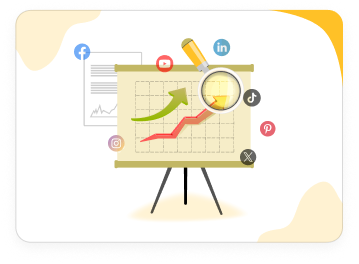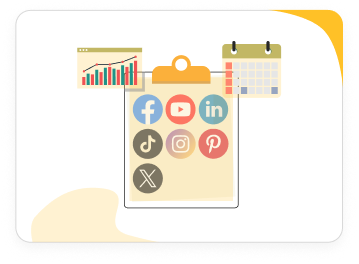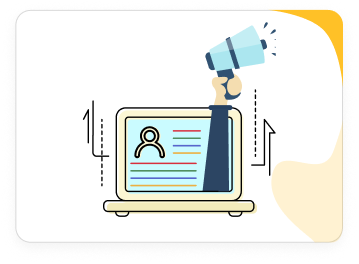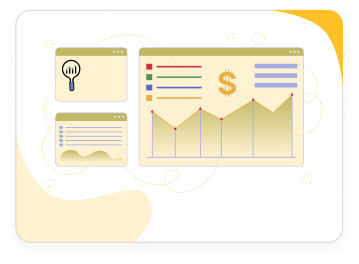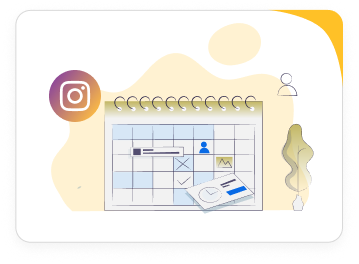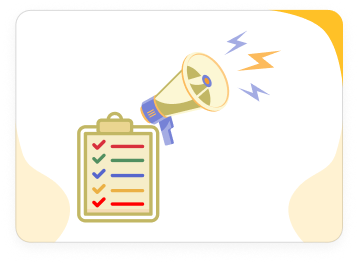
Free Social Media Templates
Planning, crafting, posting. We get it. Managing social media can feel like a never-ending grind. That’s why we’ve taken care of the groundwork. Pick a template, make it yours, and let it do the heavy lifting. Save it, share it, or own the spotlight, we’ll cheer you on from the sidelines.
Frequently Asked Questions
I’m running out of time to create posts every day. How can RecurPost Templates help?
RecurPost Templates save time by giving you ready-made post designs and ideas. You can pick, customize, and schedule posts quickly instead of creating them from scratch every day.
Every platform needs a different approach. Do these templates work across all social media channels?
Yes. RecurPost Templates are designed to fit different platforms like Facebook, Instagram, LinkedIn, and Twitter. Each template adapts to the format and style that works best for that channel.
It’s hard to align my posts with my branding. Can these templates be customized?
You can easily customize templates with your brand’s colors, fonts, and logos. This helps keep your posts consistent with your brand look and feel.
I struggle with planning content. Can these templates help me create a content calendar?
Yes. These templates can be used to plan posts ahead. You can arrange them in a calendar format and schedule posts for days or weeks in advance.
Do these templates work for both beginners and experienced social media managers?
RecurPost Templates suit both beginners and experienced users. Beginners find it easy to start, and experienced managers save time by using ready ideas and designs.
How can these templates support me in tracking my social media performance?
While templates focus on creating and scheduling posts, RecurPost’s platform includes tools to track engagement and performance. This helps you see which posts work best and adjust your content accordingly.

Streamline Your Social Media - Save Time, Get Results
Want to supercharge your social media strategy? RecurPost makes it effortless With smart scheduling, analytics, and customizable templates, you’ll have more time to focus on growing your audience and hitting your goals.
